The eagerly awaited schedule for India's 18th Lok Sabha elections was revealed by Chief Election Commissioner (CEC) Rajeev Kumar at Vigyan Bhavan in Delhi on Saturday (March 16). The electoral process for the 543-seat lower house of the legislature will unfold over seven phases, spanning from April to June.
According to the announced schedule, polling will commence on April 19 with subsequent phases on April 26, May 7, May 13, May 20, May 25, and June 1. The crucial counting of votes will take place on June 4, determining the composition of the new government.
With a staggering 97 crore eligible voters nationwide, an extensive network of 1.5 million polling stations will facilitate the democratic exercise. Over 19 lakh election workers will be deployed to ensure the smooth conduct of the elections, employing a total of 55 lakh Electronic Voting Machines (EVMs) for polling.
A notable feature of this electoral process is the significant influx of new voters, totaling 1.85 crore, alongside a sizable youth demographic of 21.5 crore voters aged between 18 and 30 years.
Gender parity is also evident, with 49.7 million male voters and 47.1 crore female voters set to participate in the Lok Sabha elections. Additionally, 48,000 third gender voters will exercise their electoral rights. Notably, 82 lakh voters aged above 85 years will benefit from the Election Commission's home voting services, ensuring their participation in the democratic process.
CEC Rajeev Kumar emphasized stringent guidelines, barring employees with more than three years of service from election duties, and prohibiting temporary and contractual staff from involvement. Any disruptions or chaos during the electoral process will be dealt with firmly, affirmed Kumar.
In parallel to the Lok Sabha elections, by-elections will be held in 26 constituencies across India, alongside assembly by-elections in West Bengal, Gujarat, Haryana, Jharkhand, and Uttar Pradesh. With the current Lok Sabha term ending in June, the formation of a new government is imminent, marking a pivotal moment in India's democratic journey.



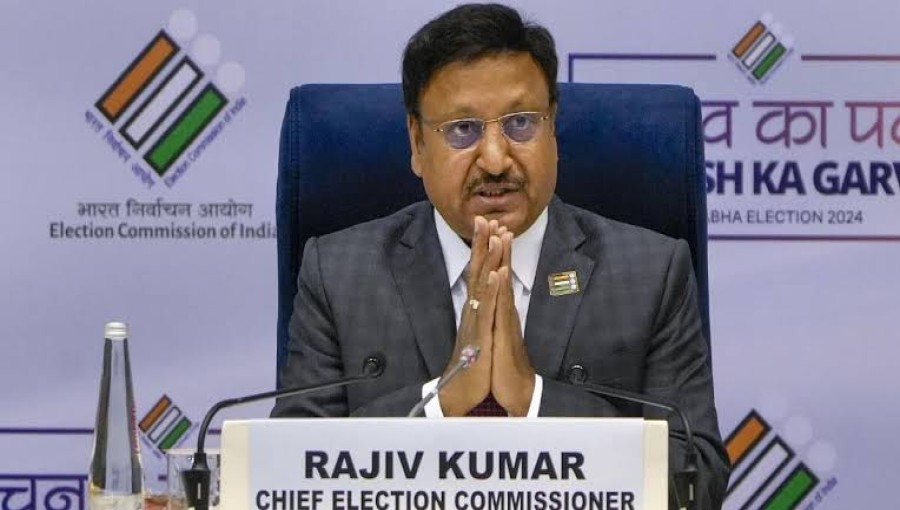

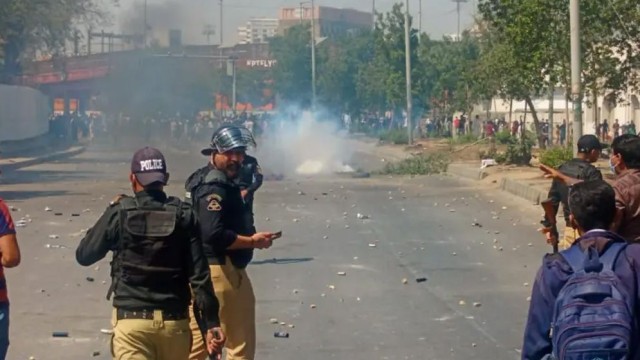
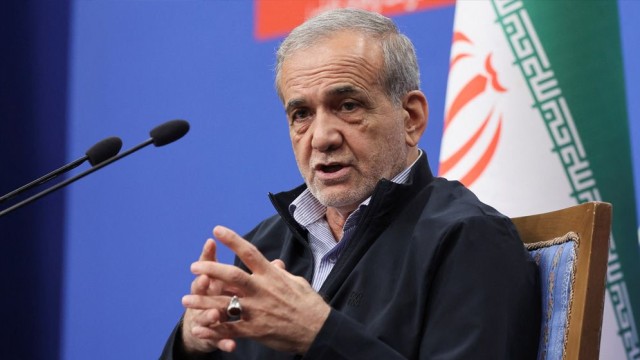
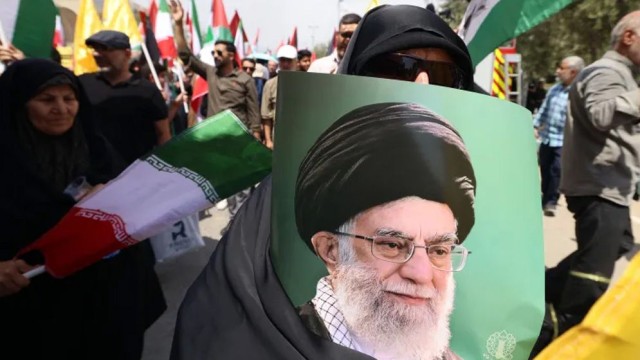
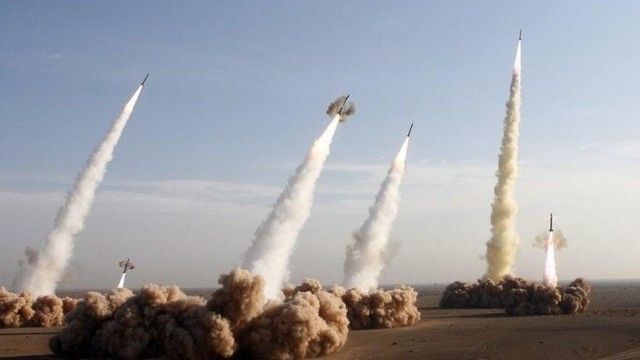
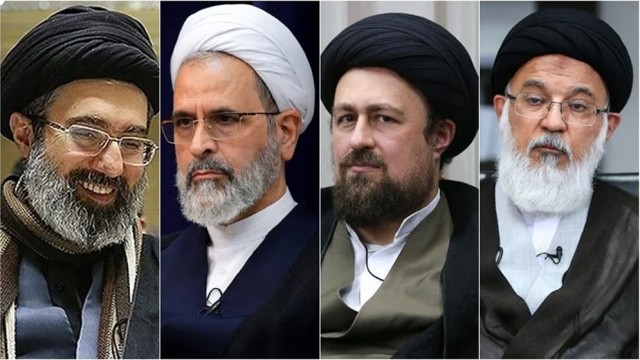

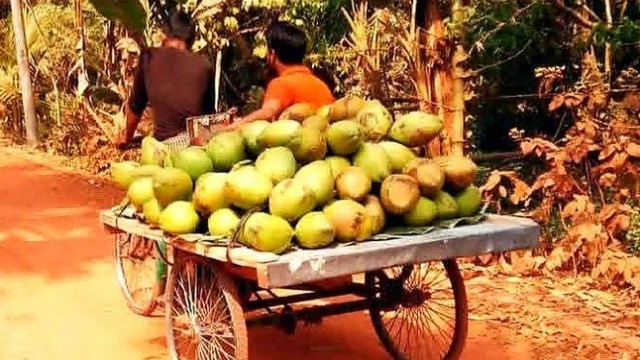
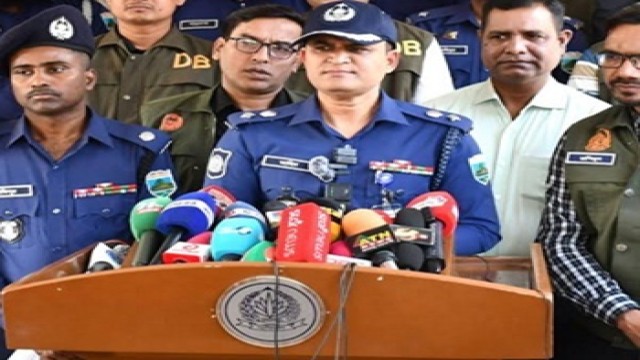
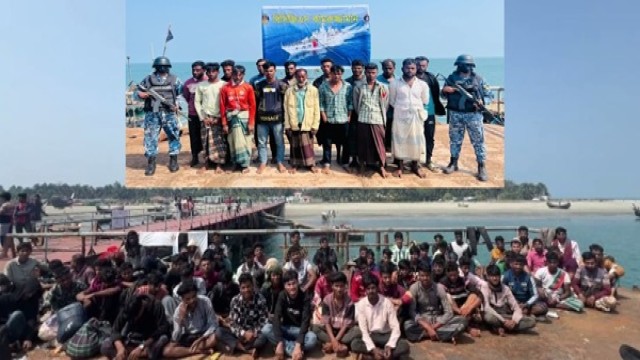
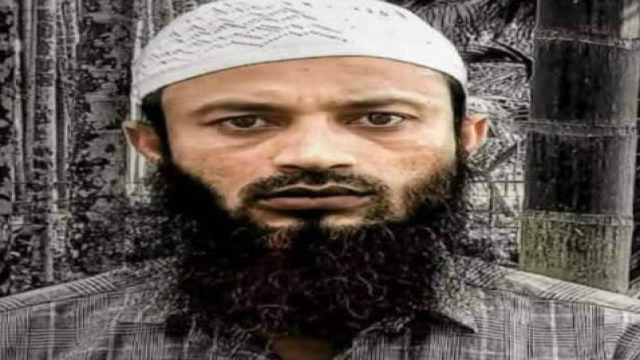
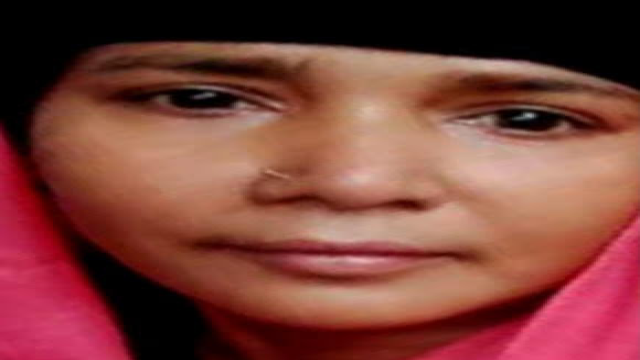


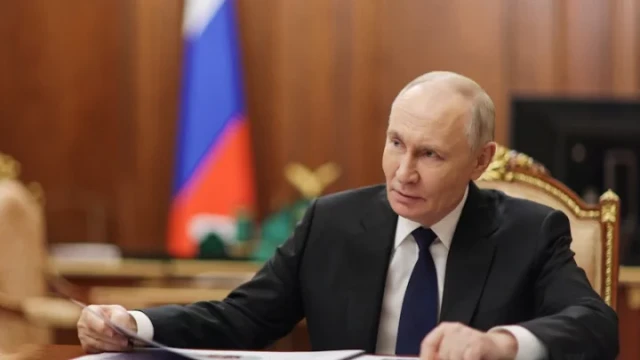
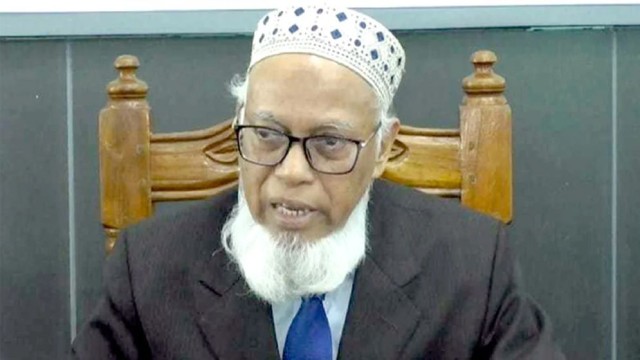







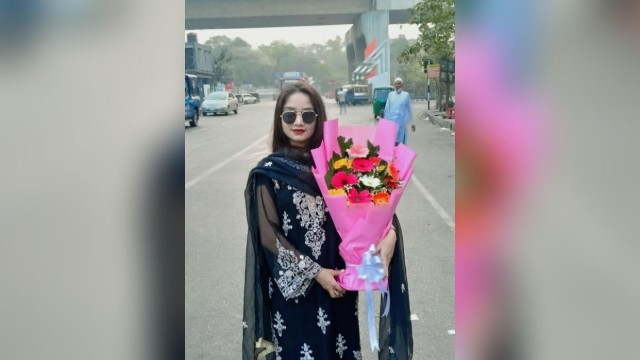


Comment: